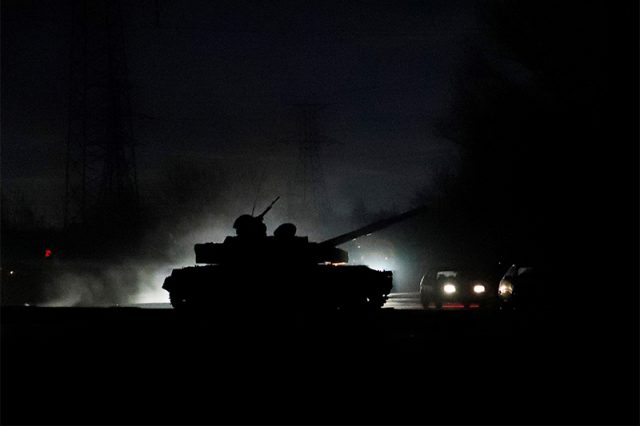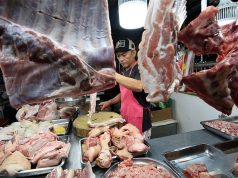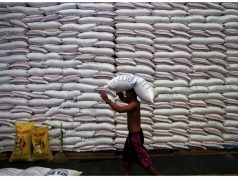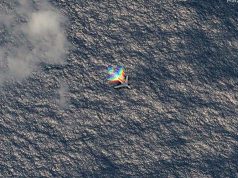
Price hikes in oil, food supplies and other necessities are seen as possible local effects of the Ukraine-Russia turmoil.
This was the discussion of Filipino netizens who are monitoring the ongoing invasion via news outlets.
Based on reports, Russian President Vladimir Putin authorized a special military operation in the east of Ukraine early this week.
Shortly after, Russian forces fired missiles and stormed several cities on the latter’s coast. Explosions were heard in Kyiv, Ukraine’s capital.
READ: Russian forces invade Ukraine with strikes on major cities
Following these developments, the topics “Ukraine,” “Russia,” “Putin” and other related terms to the invasion dominated conversations on Twitter with millions of tweets each.
How are we affected?
Facebook user Roll Bacco cited global inflation, including prices on fuel and food supplies, as among the consequences of the Ukraine crisis to the country.
“Tataas ang global economic and stock market instability. Tataas ang presyo ng energy prices. Lahat ng Asian and African countries na umaasa sa Ukraine pagdating sa food supplies ay maaapektuhan,” Bacco said.
Another Twitter user Ding Velasco pointed out how skyrocketing oil prices will affect basic goods in local markets.
“lmagine how P100/liter Diesel prices will do to the prices of rice, pork, sugar, flour, cooking oil and other basic goods if you are only making P500/day,” the user said.
Reuters reported on Thursday, following Russia‘s full-scale invasion, that Brent oil prices jumped shot to $105 a barrel for the first time since 2014.
Brent oil or Brent crude oil comes from the oil fields of the North Sea. It is also the benchmark for oil pricing in the global oil market.
READ: Oil rises above $105 after Russia attacks Ukraine
Other users, meanwhile, worried over the welfare of civilians, including Filipinos who live and work in Ukraine, who are now caught in the war.
“This is so sad. Many civilians are caught in the middle. Hope our kababayans will be safe, even more so those who don’t have anywhere else to go. Nakakatakot at nakakalungkot,” one user said.
According to Fortune, a business publication, Ukraine is an important supplier of key resources and infrastructure to many countries in the world.
These include gas, corn, grain, wheat, barley, and steel and iron.
Short explainer on Russia-Ukraine relations
Ukraine was previously part of the Soviet Union or the Union of Soviet Socialist Republics (USSR).
In 1991, the eastern European nation had successfully won its independence from Russia.
The tension between the two nations, however, did not end there.
In 2014, Russia invaded the Ukranian region of Crimea and raised the Russian flag there. Moscow annexed the region following a March 15 referendum where most people supported the move.
In 2021, Russia started its move to Ukraine again. It sent troops near its borders and claimed the activities to be training exercises.
In December, Russia presented its detailed security demands to NATO (the North Atlantic Treaty Organization), including giving up military exercises in Ukraine and the whole of Eastern Europe.
Last January, Ukranian government websites were hit with a cyberattack that warned them to “be afraid and expect the worst.”
The drills and training exercises of Russian troops continued to persist within Ukraine’s borders.
Last February, prior to the invasion, Putin declared in a televised address that Ukraine is an important part of Russia’s history.
READ: Timeline: Ukraine’s turbulent history since independence in 1991









